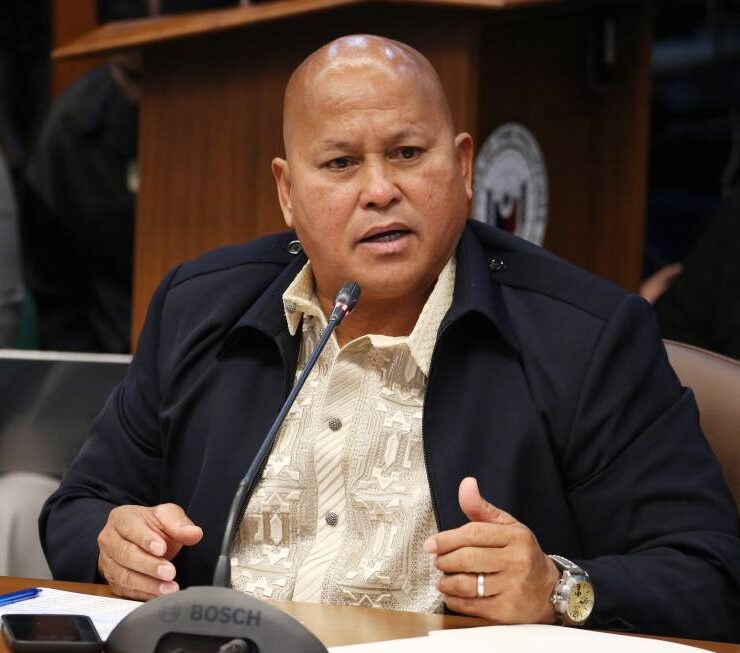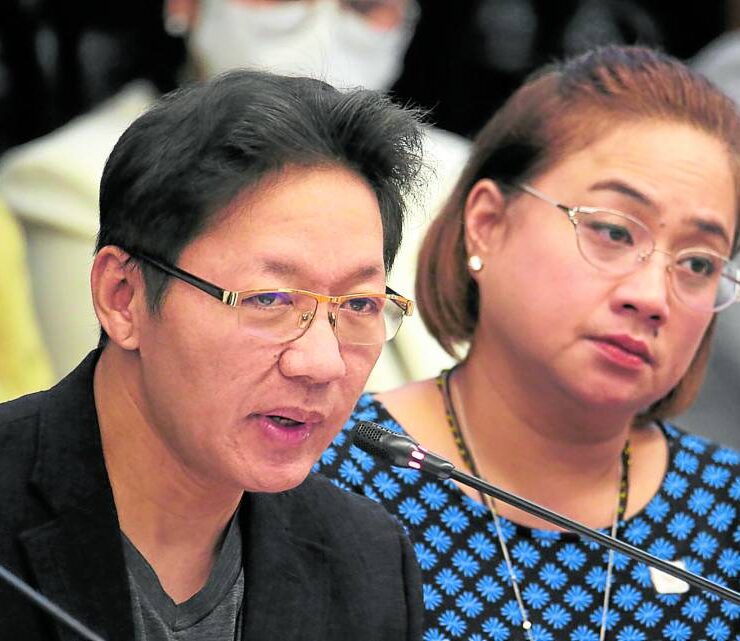Japan’s understaffed military to spend on AI

TOKYO—Japan’s defense ministry on Friday said it will invest in artificial intelligence (AI), automation and improving troop conditions to address a worsening recruitment shortfall that has left its forces understaffed amid a buildup aimed at countering China’s growing military power.
The measures, unveiled in its latest defense budget request on Friday, come after the Self-Defense Forces’ (SDF) worst ever annual recruitment drive. In the year to March 31 it enrolled just under 10,000 sailors, soldiers and air personnel, half of its target.
Fearful that China could use military force to bring neighboring Taiwan under its control and drag Japan into a war, Prime Minister Fumio Kishida in 2022 announced a doubling in defense spending to stock up on missiles and other munitions, pay for advanced fighter jets and create a cyber defense force.
Japan’s falling birth rate, however, means it is struggling more than ever to maintain current SDF troop levels at 250,000 people.
Automation, outsourcing
“As we increase our defensive strength, we need to build an organization that is able to fight in new ways,” the defense ministry said in the annual budget request, which calls for a 6.9-percent spending increase to a record 8.5 trillion yen ($59 billion).To cope with fewer recruits, the ministry said it will introduce AI technology, allocating 18 billion yen next year for an AI surveillance system for military base security.
It will also buy more unmanned drones and order three highly automated air defense warships for 314 billion yen that require only 90 sailors, less than half the crew of current ships.
To free up more troops for front-line assignments, the SDF will also outsource some training and support operations to former SDF members and civilian contractors.
And in a bid to tap Japan’s shrinking pool of fighting-age people, who are also being pursued by companies able to pay more, it plans to offer financial incentives and better living conditions, such as sleeping quarters with more privacy and improved access to social media.
Female personnel
In particular, it is focusing on luring more women, who make less than 10 percent of the SDF. Attempts to boost their number have been hindered by a series of high-profile sexual harassment cases.
To help turn around that effort, Japan’s military wants 16.4 billion yen to build accommodation for female personnel, with improved toilets and showers. It also said it will hire outside councilors to support women and strengthen harassment training. —REUTERS
Reuters, the news and media division of Thomson Reuters, is the world’s largest multimedia news provider, reaching billions of people worldwide every day. Reuters provides business, financial, national and international news to professionals via desktop terminals, the world's media organizations, industry events and directly to consumers.




















